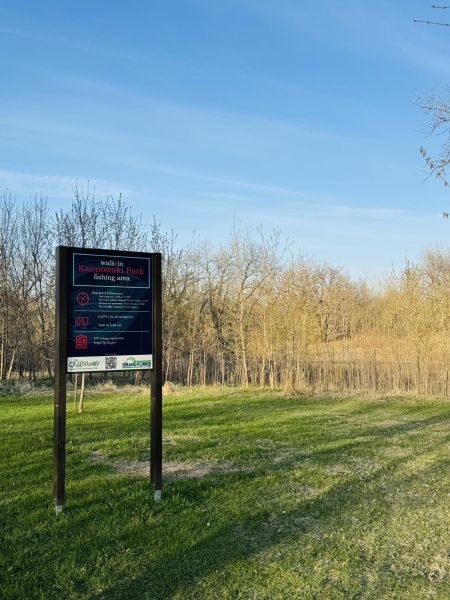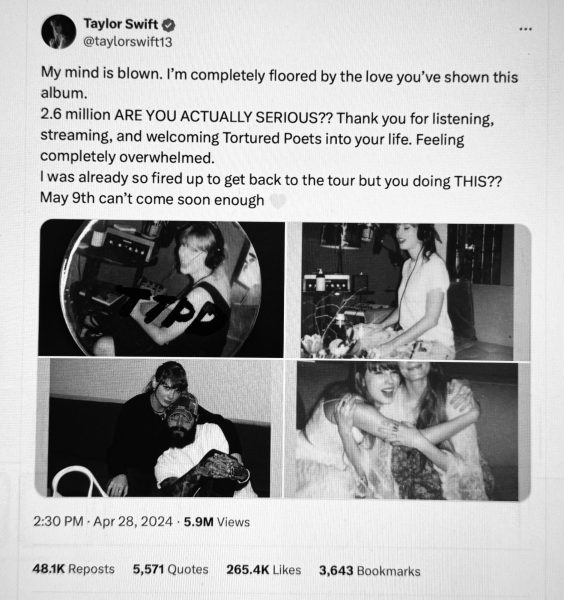Online arguing can be good practice
FORUM Debate on social media sites are often worthwhile.
Reddit attracts an average of more than 22 million online visitors each month, according to Quantcast.com. Image courtesy of Reddit.
Many people believe starting or engaging in an argument on the Internet is pointless. After all, these are just random strangers you will probably never meet in real life.
But if you pick your arguments carefully, you can use these disagreements to improve your critical thinking and debate skills.
At UND, your viewpoints and beliefs are constantly being challenged, no matter what they are. Whether it’s religion, politics or even as something as simple as what to call our university mascot, everyone has a different opinion.
Sooner or later your beliefs will be challenged by somebody.
For example, last year an evangelist named Tom Short came to campus and spent a great deal of time debating with students. He can be controversial, and whether you agree or disagree with him, it’s important to be able to backup your opinion of him with solid critical thinking skills.
When I’m talking about arguments on the Internet, I’m not talking about an exchange of inappropriate name-calling in the comments on a YouTube video, but actual well-rounded debates with complete supporting arguments citing credible sources.
The best place to have debates such as these is a website called Reddit, a social networking site many college students are familiar with. Reddit is divided up into numerous smaller sections called subreddits, each devoted to a particular interest or viewpoint. One of the reasons for its popularity is the fact that signing up for it takes about as long as it takes to type in a username and password. It also provides anonymity, which helps if you have a particularly controversial viewpoint.
A true debate can be quite the learning experience, regardless of who “wins.” There are a couple of important things to keep in mind when debating to enhance the experience.
Use credible sources to back up your arguments. There are actually two reasons for this rule.
First, it will force you to do some research on your position. There have been times I was really fired up about some issue, but when I researched it to attempt to disprove my opponent, I ended up completely changing my position. There is no shame in changing your position if the evidence has convinced you.
Second, it is a helpful tip for life in general to be able to back up your argument with something other than your word. You are not a famous celebrity yet, so people won’t just take everything you have say as fact.
Don’t be afraid to admit when you are wrong or ill-informed. Sometimes you get bad information — maybe it’s a friend who told you something. Maybe it’s a misremembered news story or maybe you just didn’t do enough research — but it does happen.
Yes, there are people that will mock you for it, but there is no shame in being wrong, only in choosing to continue to be wrong after being disproven.
Finally, and most importantly, refrain from name calling of any kind. This might seem to be the simplest and most obvious rule, but it is also very difficult. If you are truly passionate about a topic, emotions can run high, and unhelpful insults will escape and sneak their way into a debate. This is something even the best debaters can struggle with at times. Avoiding name calling makes any debate more productive.
Debate, in its most true form, is helpful. It’s a learning experience for both you and your opponent, if you want it to be. There will come a time, as it most likely has already, where your personal beliefs will be challenged — perhaps by a professor, another student or even a story in this very newspaper. When that happens, critical thinking and logical reasoning will be the most helpful skills for you to have if you want people to pay attention to what you have to say.
Michael Rauser is a staff writer for The Dakota Student. He can be reached at michael.rauser@my.und.edu.







